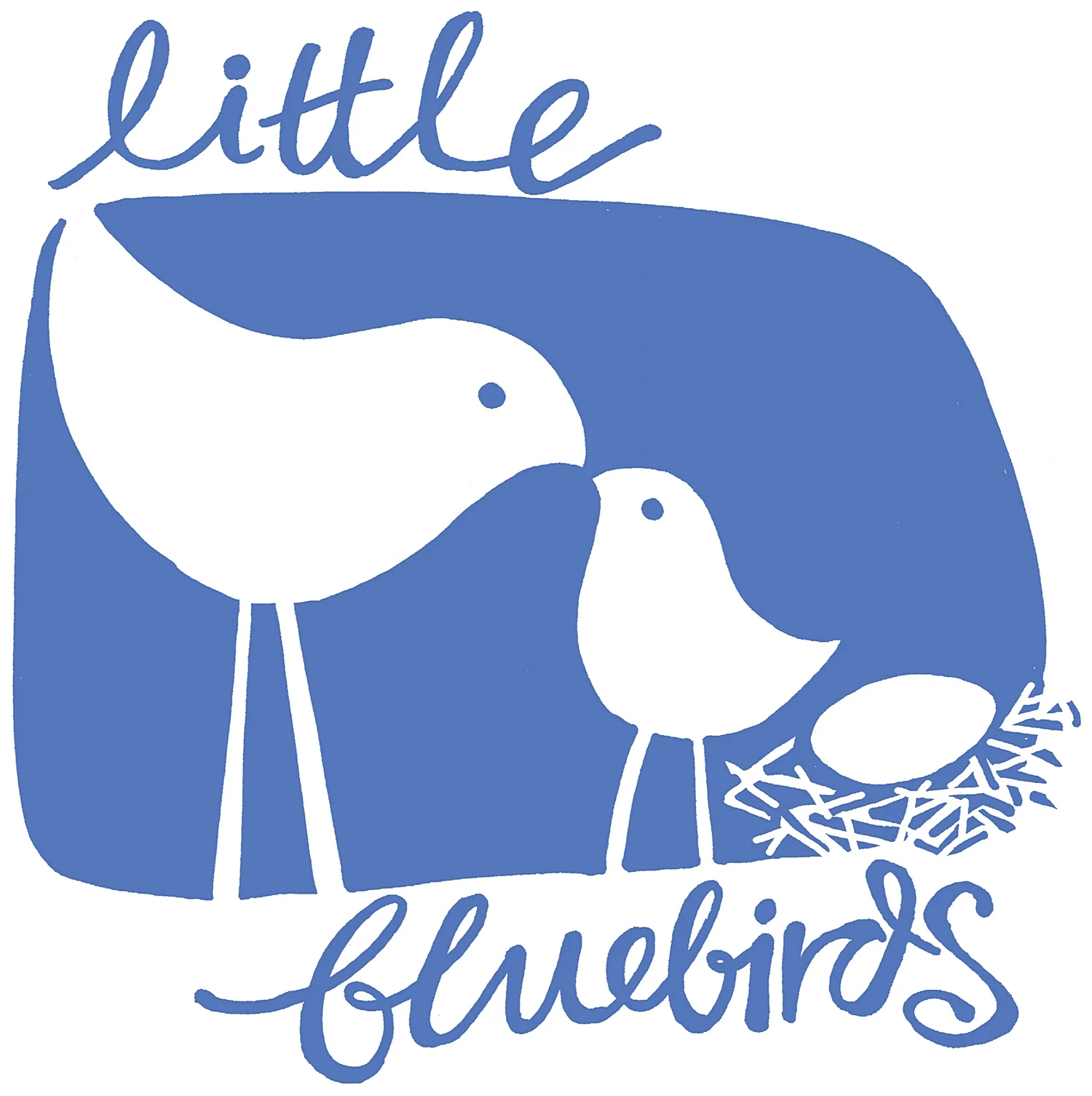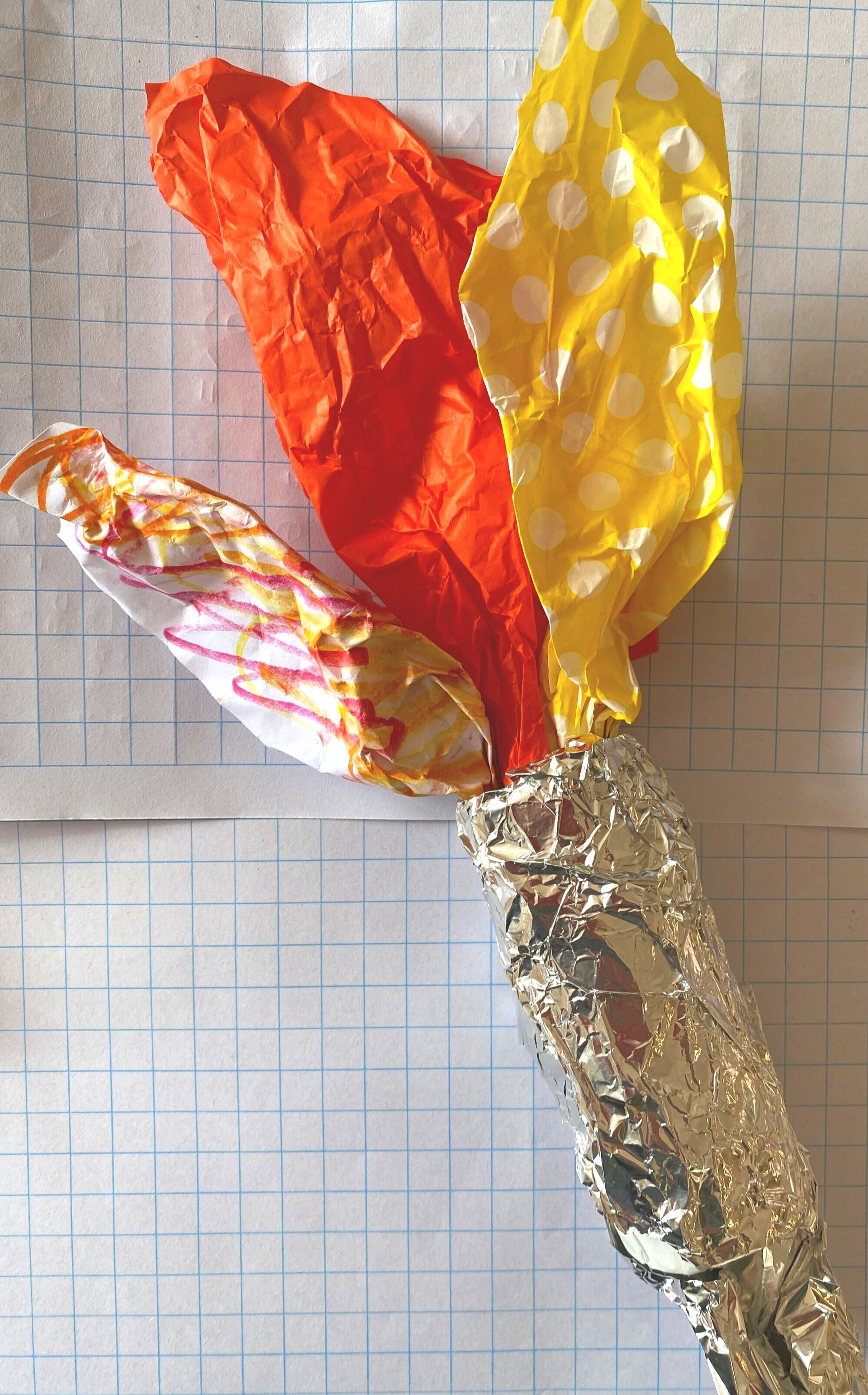Catching Olympic fever
This week I’ve reflected that my life can be divided into two stages: the early years, when I optimistically dreamt that I’d become an Olympian; and later those years when reality dawned and I realised it was never gonna happen.
I can remember clearly the exciting feeling I had as a child, watching the Olympics on TV and thinking that one day I could be there… hmmmm… if I could only find a sport I was good at. Archery? Synchronised swimming? Pole vaulting? Surely I’d be a natural!?!
I even remember counting on my fingers to calculate how old I’d be at the next games, and figuring out how long I’d have left to get really, really, really good at something. Anything? Lol! Surely I wasn’t the only one.
The Olympics don’t hold quite such a glossy pace for me anymore, but they do ignite the imagination of many around the world. The media coverage is saturating, the scale is vast, and this time even my skateboard-obsessed teenage son has something to cheer for.
Despite the dangers of a global pandemic, countries have sent teams of their fittest and most fabulous, now gathered in Tokyo to do their thing. Each athlete battled to get there, and we hold our breath to see if it was all worth the risk. Whatever your view, the Olympic Games create a platform for people to shine, and for legends to be written.
If you have some keen mini Olympians in your house, here are some very simple ways to get creative using the most iconic Olympic motifs. As well giving your kids a chance to play with colours, shapes and construction, these activities might also inspire some fun active play… and perhaps even spark some wishful Olympic dreaming….
Torch
Any cardboard tube with a flame of crumpled paper poked into one end makes a great torch. Use a toilet or kitchen roll, or postage tube. Decorate, colour in, or wrap tube in paper or foil. Scrunched coloured paper makes a flame, or colour your own with textas or paint. Assemble both parts together (use tape if needed).
Olympic rings
The 5 Olympic rings are blue, yellow, black, green, red and their design creates a great opportunity to look at some simple colour science:
blue, yellow and red are primary colours
green is a made by mixing blue and yellow (a secondary colour)
black is an absence of light… tricky science
It’s also a chance to have fun with counting and identifying shapes. Invite children to draw 5 circles freehand, or by tracing around lids or a roll of tape. Make sure they notice the new shape made when circles overlap.
Get out 4 paints: blue, yellow, red and black. Challenge the kids to mix green themselves and paint rings. Use brushes, use fingers. Try stamping the rings using the circular rim of a coffee cup or milk bottle lid, or the end of a toilet roll, dipped in paint. What happens if they twist or smudge? Or if the colours mix?
Bend rings from pipecleaners if you have them.
Medals
Here’s yet another great opportunity to talk about numbers and colours. Cut disks from cardboard and decorate using whatever you have on hand, paint, textas, collage. Attach to a loop of ribbon to the reverse side with tape to make them wearable.
Wreathes
You can always weave some natural materials into a crafting project. The very first Olympians in Ancient Greece didn’t bother with medals and torches… they awarded a loop made of leaves cut with golden scissors from a sacred wild-olive tree to be worn as a crown. Perhaps you have a plant in your garden that might offer a twig or two that’s perfect for the task.
However you choose to acknowledge the Olympic Games, remember that your child will be four years older when you do it next. Have fun!








